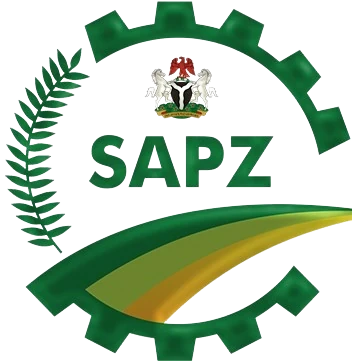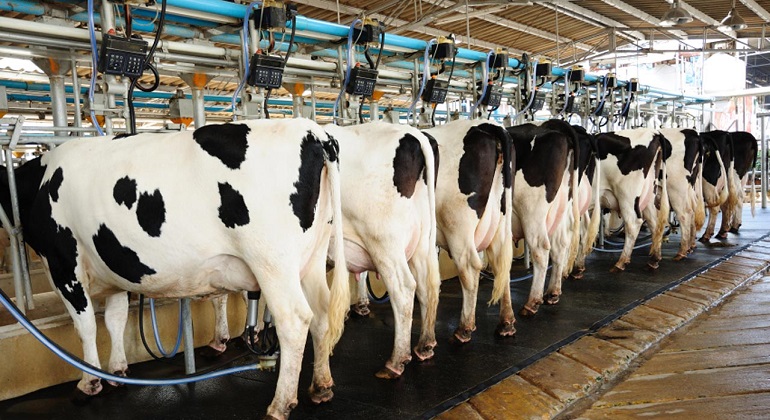Nigeria’s agricultural landscape is diverse, and Imo State, situated in the southeastern part of the country, has become a significant player in the dairy value chain. The dairy sector in Imo has evolved into a robust system, making substantial contributions to the local economy and fostering agricultural sustainability.
Dairy Farming
At the core of the dairy value chain in Imo is dairy farming. The state’s lush greenery and favorable climatic conditions provide an ideal environment for cattle rearing. Farmers across various communities engage in the production of milk, with a variety of dairy cattle breeds contributing to the richness and diversity of the dairy sector.
Challenges in Dairy Farming
Despite its potential, dairy farming faces challenges such as limited access to modern farming technologies, insufficient veterinary services, and the need for improved cattle breeds. Farmers in Imo are actively seeking solutions, incorporating best practices and exploring avenues for collaboration with relevant stakeholders.
Milk Collection and Processing
Imo State has witnessed a rise in investments in milk collection and processing facilities. Entrepreneurs and agribusinesses have established modern dairy processing plants equipped with state-of-the-art technology for pasteurization, homogenization, and packaging. This not only ensures the safety and quality of the milk but also creates employment opportunities and adds value to the dairy products.
Market Access and Distribution
Access to markets is vital for dairy farmers and processors alike. Imo’s strategic location and well-connected transportation networks facilitate the distribution of dairy products to local markets and neighboring states. Strengthening market linkages and collaborating with retailers can further expand the reach of Imo State’s dairy products.
Government Interventions
Recognizing the importance of the dairy value chain, the Imo State government has implemented initiatives to support dairy farmers and processors. This includes providing access to improved cattle breeds, offering financial incentives, and investing in veterinary services to enhance animal health.
Capacity Building and Training
To ensure the sustainability of the dairy value chain, capacity building and training programs have been instrumental. Dairy farmers and agribusinesses in Imo receive training on modern farming techniques, cattle health management, and milk processing technologies, empowering them to enhance productivity and product quality.
Quality Control and Certification
Maintaining high-quality standards is crucial for dairy products. Imo State places a strong emphasis on adherence to quality control measures and obtaining necessary certifications, ensuring that its dairy products meet both national and international standards.
Technology Adoption
The adoption of modern technologies has played a significant role in optimizing dairy production and processing in Imo. Farmers and processors are increasingly utilizing mechanized milking machines, digital tools for farm management, and energy-efficient processing technologies.
The Way Forward
To unlock the full potential of the dairy value chain in Imo, a comprehensive approach is essential. This includes continued investment in research and technology, infrastructure development, and supportive policies. Collaboration between the government, private sector, and local communities is pivotal for overcoming challenges and ensuring sustained growth in the dairy industry.
In conclusion, Imo State’s dairy value chain stands as a promising sector within Nigeria’s agricultural landscape. By addressing challenges, fostering innovation, and promoting value addition, Imo is well-positioned to continue making significant contributions to the country’s agricultural and economic prosperity through its thriving dairy industry.

